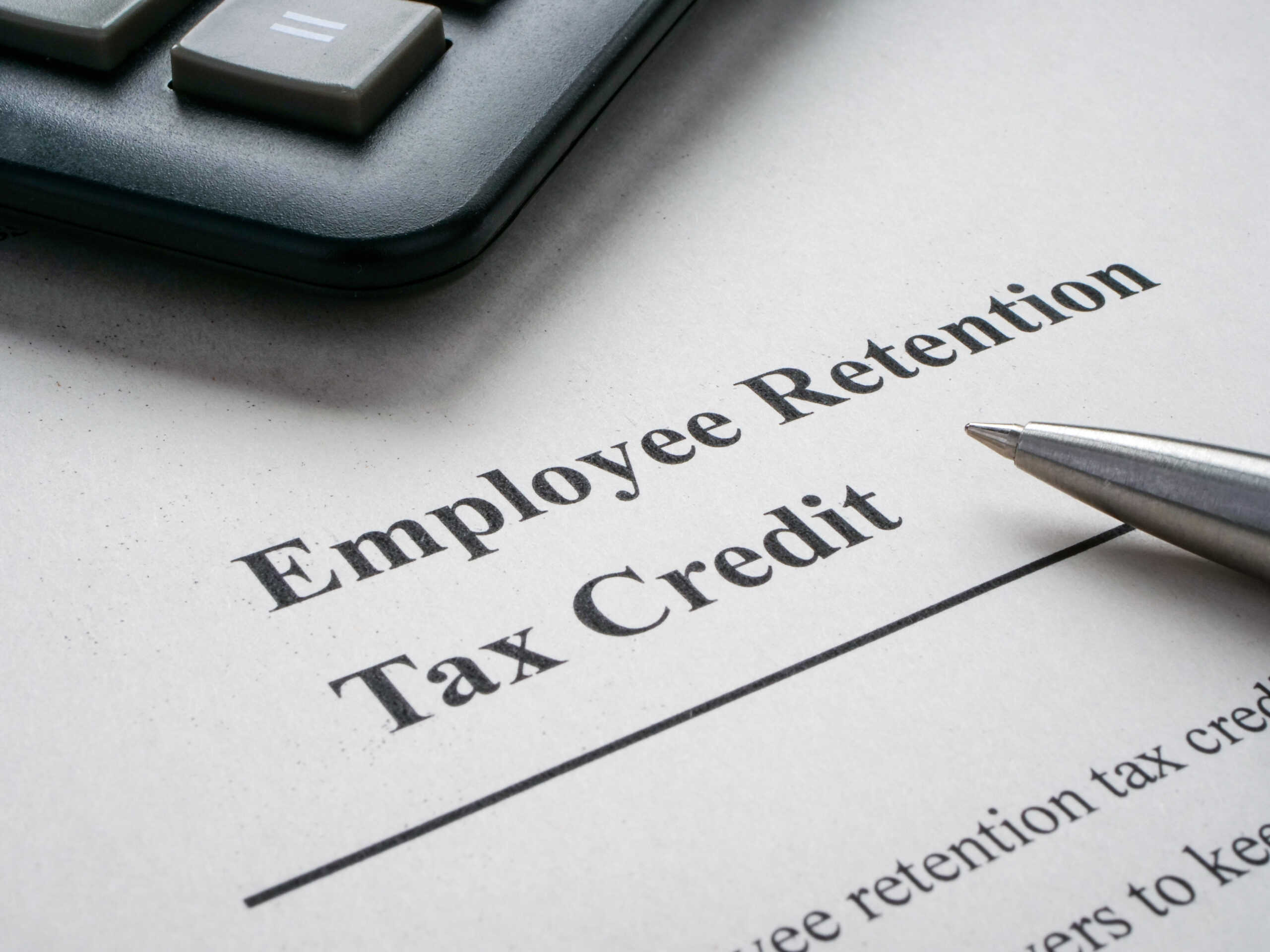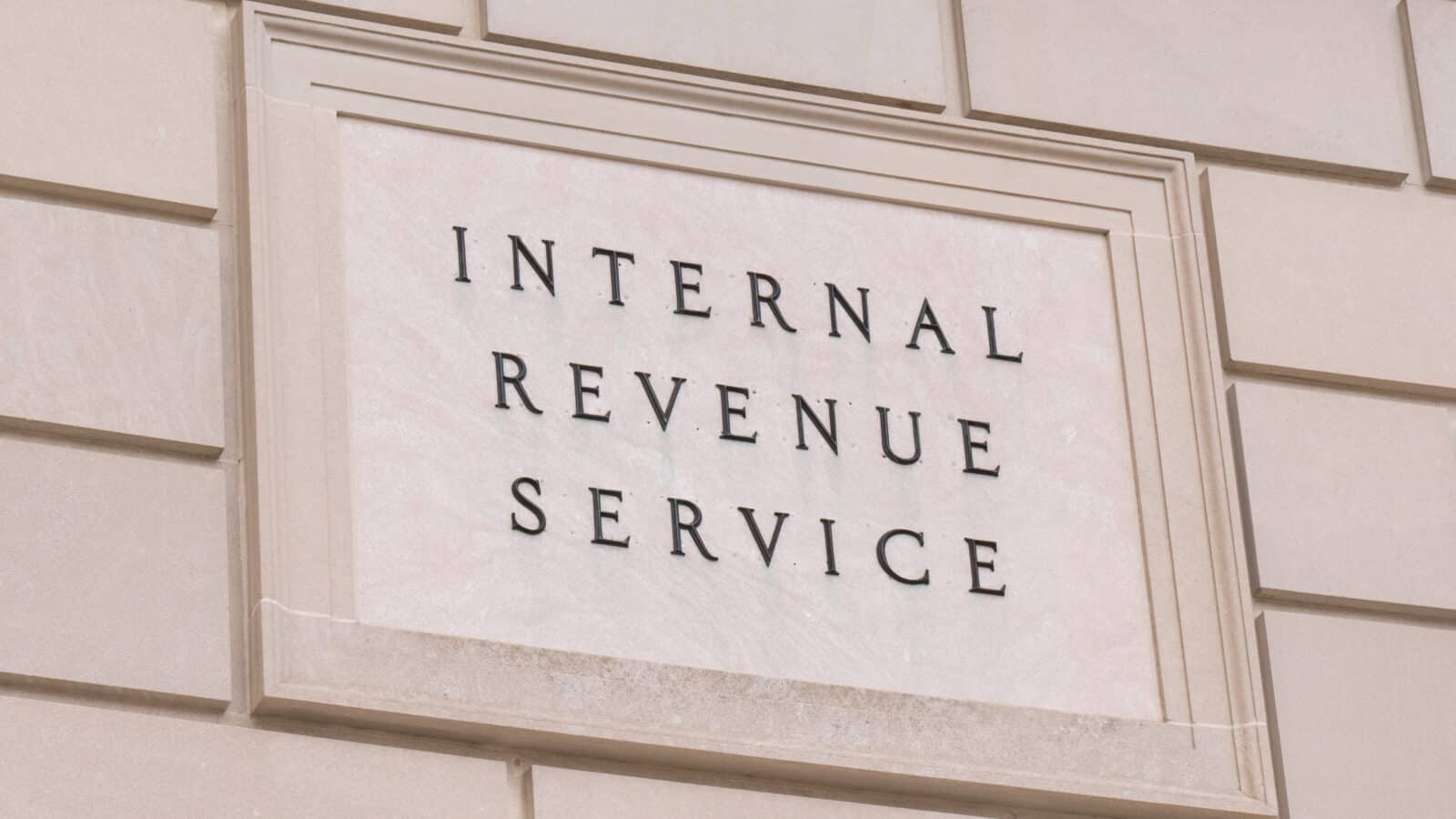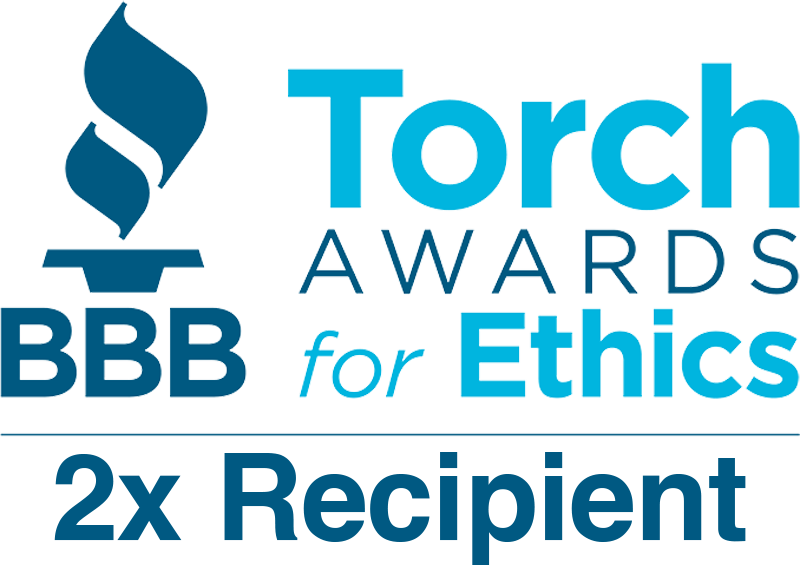Jump to a Specific Section
July 2024 Employee Retention Credit Update
IR-2024-198, July 26, 2024
The IRS has issued another ERC update on their investigations into improper and fraudulent claims. The thrust of the update is to point out five more signs of incorrect ERC claims in addition to the seven outlined in last month’s update.
As of March 2024, the IRS had protected around $1 billion in improper ERC payments, which has reportedly increased to over $2 billion with this new update. The IRS has launched over 450 criminal investigations, which could recover an additional $7 billion. There are no hard figures on how much time or money is being spent on these ERC recovery efforts.
Key July/August 2024 ERC Highlights:
- Five new warning signs of an incorrect ERC claim
- Seven previous warning signs reiterated
- Businesses urged to review their filings with a trusted tax professional
- ERC Withdrawal Program remains available
- Anticipated short-term reopening of Voluntary Disclosure Program
- Tens of thousands of ERC claims will be denied
- Hundreds of thousands will be scrutinized
- IRS will begin to process lower risk claims and increase rate of payouts for legitimate claims
- No firm dates or deadlines mentioned
- IRS preparing for next major announcement
Employee Retention Credit (ERC) Recap
The Employee Retention Credit (ERC) was established to encourage businesses to keep employees on their payroll during the COVID-19 pandemic. This refundable tax credit provided significant financial relief to many businesses struggling through the economic downturn. However, with the benefit came the risk of incorrect claims, either due to misunderstanding the rules or intentional fraud.
Eligibility Criteria
To be eligible for the ERC, businesses must have experienced either:
- A full or partial suspension of—or a more than nominal impact to—operations due to a government order related to COVID-19.
- A significant decline in gross receipts.
* Eligibility criteria changed between 2020 and 2021, so businesses need to ensure they understand the specific requirements for each year.

The Five New Warning Signs for ERC in 2024
- Essential businesses during the pandemic that could fully operate and didn’t have a decline in gross receipts.
- Business unable to support how a government order fully or partially suspended business operations.
- Business reporting family members’ wages as qualified wages.
- Business using wages already used for Paycheck Protection Program loan forgiveness.
- Large employers claiming wages for employees who provided services.
The Previous Seven Warning Signs
- Too many quarters being claimed.
- Government orders that don’t qualify.
- Too many employees and wrong calculations.
- Business citing supply chain issues.
- Business claiming ERC for too much of a tax period.
- Business didn’t pay wages or didn’t exist during eligibility period.
- Promoter says there’s nothing to lose.
Details on each of these ERC warning signs can be found on the IRS news release.
Consequences of Incorrect ERC Claims
Submitting an incorrect ERC claim can have serious consequences for businesses, including:
- Repayment of the erroneously received credit.
- Penalties and interest on the amount claimed.
- Potential audits and legal action for fraudulent claims.

Proactive Steps for Businesses Regarding ERC Penalties
To avoid these consequences, the IRS urges businesses to take proactive steps to ensure their ERC claims are accurate and legitimate. Here are some recommended actions:
Verify Eligibility
Carefully review the eligibility criteria for the ERC. Make sure that your business meets the requirements for the specific periods you are claiming the credit. If necessary, seek guidance from a qualified tax professional who is well-versed in ERC regulations.
Maintain Accurate Records
Keeping detailed records is crucial. Businesses should maintain documentation that supports their eligibility and the calculation of the ERC. This includes:
- Government orders that led to operational suspension.
- Financial records showing the decline in gross receipts.
- Payroll records and calculations used to determine the credit amount.
Be Cautious with Third-Party Offers
While third-party assistance can be valuable, businesses should be cautious of unsolicited offers. Verify the credentials and reputation of any third party before engaging in their services. Avoid those who promise large refunds without thorough analysis or who pressure you into making quick decisions.
Seek IRS Guidance
The IRS has provided numerous resources to help businesses navigate the ERC. These include detailed FAQs, webinars, and direct contact options for specific inquiries. Utilizing these resources can help ensure that your claims are accurate and compliant with IRS guidelines.
Resolving Erroneous ERC Claims
If a business identifies an incorrect ERC claim, it is crucial to address the issue proactively. The IRS recommends the following steps:
Amend Incorrect Filings
File amended returns to correct any inaccuracies in previous filings. This demonstrates good faith and a willingness to comply with tax laws.
Repay Incorrect Credits
If your business has received an incorrect credit, arrange to repay the amount to the IRS. This can help mitigate potential penalties and interest.
Consult with a Tax Professional
Engaging with a tax professional who understands the complexities of the ERC can provide valuable guidance in resolving incorrect claims. They can assist in amending returns and communicating with the IRS.
ERC Updates in July 2024: The Bottom Line
The Employee Retention Credit has provided crucial support to businesses during the COVID-19 pandemic, but it also comes with strict compliance requirements. The IRS’s warnings about incorrect ERC claims highlight the importance of accuracy and vigilance.
By understanding the eligibility criteria, maintaining accurate records, and proactively addressing any issues, businesses can avoid the pitfalls of incorrect claims and ensure they benefit from this valuable credit without facing adverse consequences.
For more detailed information and resources, businesses are encouraged to visit the IRS website.
We at Volpe Consulting and Accounting Services have filed hundreds of ERC claims, and reviewed dozens more that were filed by third-party promoters and providers. We have become intimately familiar with the various rules and qualifications of the Employee Retention Credit since its inception and as it has evolved over the years.
We stand by the results of each ERC evaluation and the reasoning behind each claim. Should any claim submitted by our office come into question, we retain the right and reiterate the promise to present all supporting documentation to the IRS, and to make the case for the legitimacy of the claim prior to a final decision is made regarding refunds and repayments of the filing fee and the ERC credit itself.
With any questions, concerns, or interest in this or any of our services, don’t hesitate to reach out to Volpe Consulting and Accounting Services.














